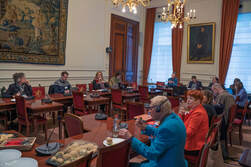 Photo by Morgan Muller
Photo by Morgan Muller On the occasion of World Aids Day the ‘Parliamentarians for the 2030 Agenda’ organized a lunch-time conversation on the impact of criminalisation of HIV and key populations on the HIV-response. Evidence shows that an overly broad criminalisation of HIV non-disclosure, exposure or transmission with no intent to harm, undermines public health. Why is that?

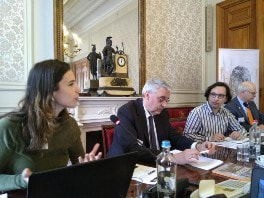
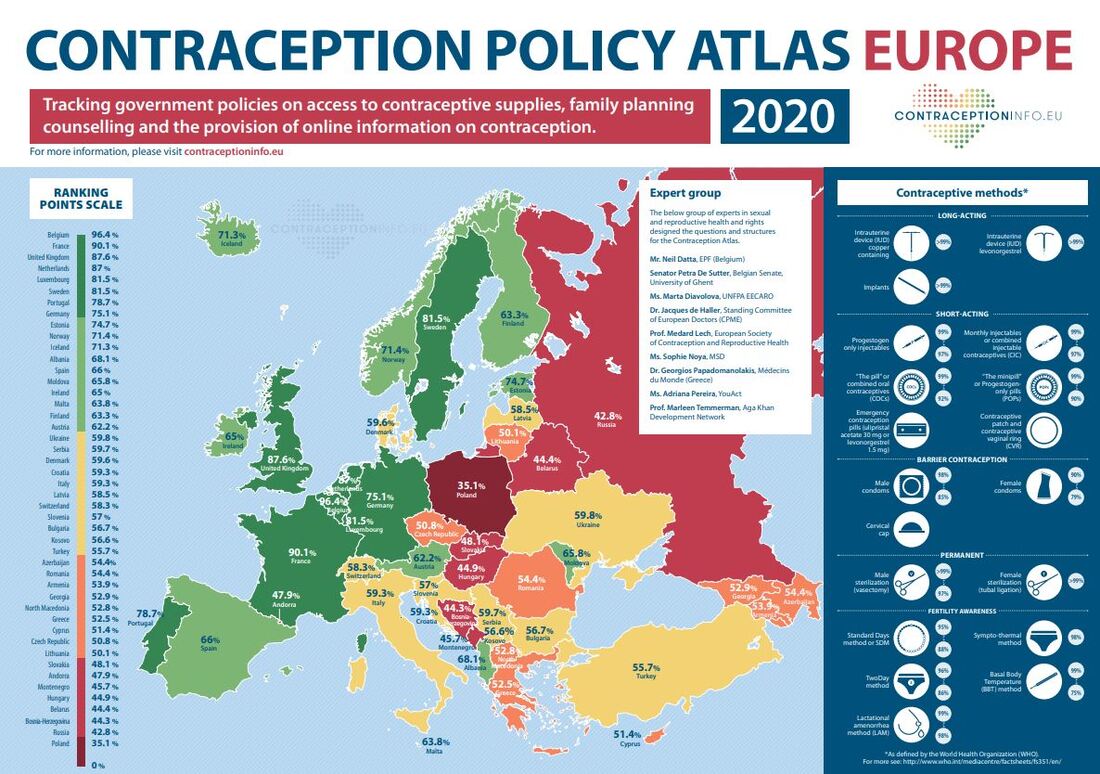

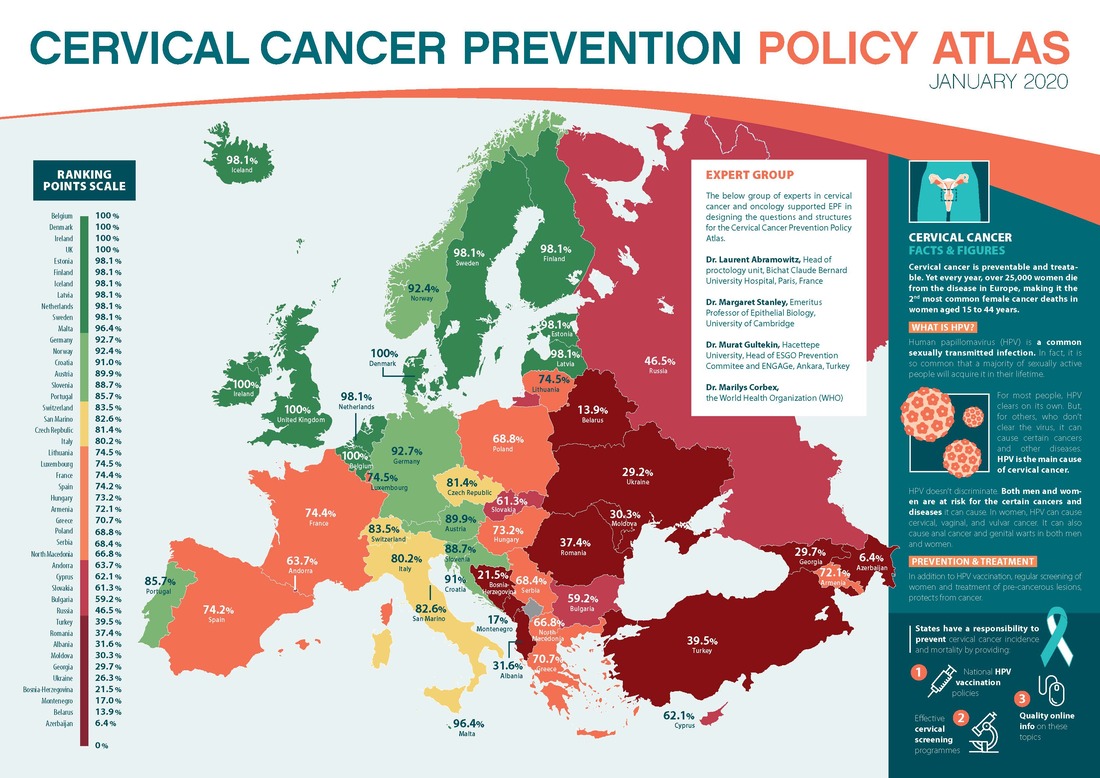
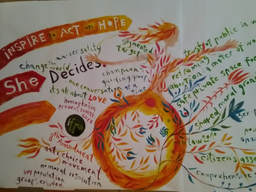
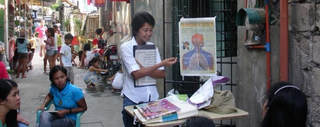
 RSS Feed
RSS Feed